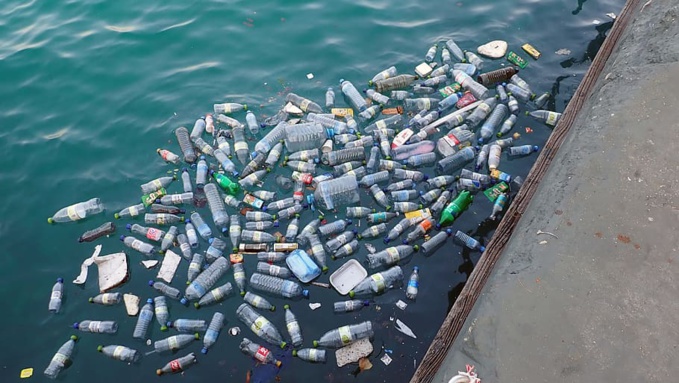The report urges swift action to increase separate garbage collection in order to recycle consumer plastic waste more thoroughly.
"With a global recycling rate of less than 10%, plastic recycling is still incredibly ineffective in the face of rising plastic manufacturing. Due to this, up to 22 million tons of plastic debris reach the ocean every year, with a similar quantity remaining on land," the paper’s authors write. Additionally, the analysis noted that while plastics today account for around 3.7 percent of global greenhouse gas emissions, that percentage might increase to 4.5 percent by 2060.
The manufacturing of plastic goods might triple by 2050, if this trend is not halted, resulting in nearly 12 billion tons of plastic garbage entering the environment. According to WWF, there will be more plastic in the ocean than fish in this situation.
source: worldwildlife.org
"With a global recycling rate of less than 10%, plastic recycling is still incredibly ineffective in the face of rising plastic manufacturing. Due to this, up to 22 million tons of plastic debris reach the ocean every year, with a similar quantity remaining on land," the paper’s authors write. Additionally, the analysis noted that while plastics today account for around 3.7 percent of global greenhouse gas emissions, that percentage might increase to 4.5 percent by 2060.
The manufacturing of plastic goods might triple by 2050, if this trend is not halted, resulting in nearly 12 billion tons of plastic garbage entering the environment. According to WWF, there will be more plastic in the ocean than fish in this situation.
source: worldwildlife.org



















